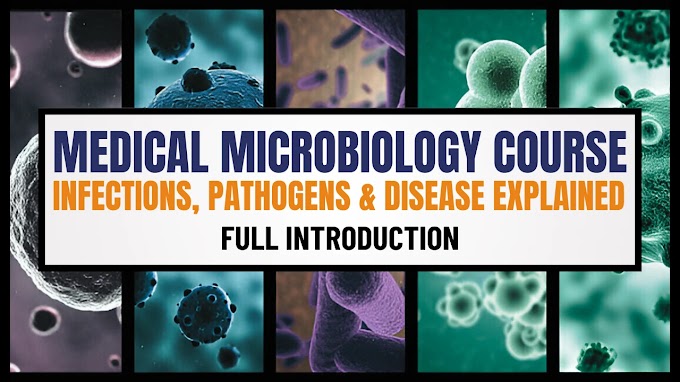Researchers at the Texas Biomedical Research Institute have identified nine unique mutations in a strain of bird flu (H5N1) isolated from a human in Texas. These mutations allow the virus to replicate more effectively in human cells and cause severe disease, including greater replication in brain tissue. Despite this concerning development, existing antiviral medications remain effective against the mutated strain.
Key Findings
A study published in Emerging Microbes & Infections revealed significant insights into the behavior of H5N1 bird flu in humans:
- The mutations enable the virus to replicate more efficiently in human cells.
- The human strain causes more severe disease in mice compared to the bovine strain.
- The virus is found in much higher quantities in brain tissue.
However, tests confirmed that FDA-approved antivirals retain their effectiveness against both the human and bovine strains, offering a crucial line of defense in the absence of widespread vaccines.
Background and Evolution of H5N1
H5N1 bird flu, naturally present in wild birds and highly lethal in chickens, has expanded its host range significantly, infecting mammals like dairy cattle and humans. The first human H5N1 death in the U.S. was reported in January 2025 following exposure to infected chickens.
The speed at which the virus mutates in new hosts raises concerns about its potential to evolve for human-to-human transmission.
Comparing Human and Bovine Strains
In their study, researchers compared H5N1 strains isolated from a human patient and dairy cattle in Texas:
- Nine mutations were identified in the human strain but absent in the bovine strain, indicating the mutations occurred after human infection.
- While the virus causes mild illness in cows, it exhibits increased virulence in humans, posing a greater threat.
The Role of Antivirals
Despite the alarming mutations, the human H5N1 strain remains susceptible to current antiviral treatments. These medications are essential in combating potential pandemics until vaccines become widely available. Seasonal flu vaccines, however, offer limited protection against H5N1, according to a collaborative study with the Center for Animal Health Research in Spain.
Next Steps and Recommendations
To better understand and mitigate the risks of H5N1, researchers are focusing on:
- Identifying specific mutations responsible for increased pathogenicity.
- Investigating why H5N1 infects a wide range of mammals.
- Exploring the varying impacts of the virus across species, from mild disease in cows to lethal effects in cats.
In a separate analysis published in mBio, experts emphasized the importance of a One Health approach, advocating for measures to protect both animals and humans:
- Thorough decontamination of milking equipment.
- Stricter quarantine protocols.
These steps are vital for eradicating H5N1 in dairy cattle, reducing the risk of further mutations and transmission to humans and other species.
Conclusion
While the emergence of new mutations in H5N1 is a cause for concern, the continued efficacy of antivirals provides a critical line of defense. Proactive measures and further research are essential to minimize the threat posed by this evolving virus.Reference:
- Ahmed Mostafa, Ramya S. Barre, Anna Allué-Guardia, Ruby A. Escobedo, Vinay Shivanna, Hussin Rothan, Esteban M. Castro, Yao Ma, Anastasija Cupic, Nathaniel Jackson, Mahmoud Bayoumi, Jordi B. Torrelles, Chengjin Ye, Adolfo García-Sastre, Luis Martinez-Sobrido. Replication kinetics, pathogenicity and virus-induced cellular responses of cattle-origin influenza A(H5N1) isolates from Texas, United States. Emerging Microbes & Infections, 2025; 14 (1) DOI: 10.1080/22221751.2024.2447614
- Ahmed Mostafa, Mahmoud M. Naguib, Aitor Nogales, Ramya S. Barre, James P. Stewart, Adolfo García-Sastre, Luis Martinez-Sobrido. Avian influenza A (H5N1) virus in dairy cattle: origin, evolution, and cross-species transmission. mBio, 2024; 15 (12) DOI: 10.1128/mbio.02542-24
- Iván Sanz-Muñoz, Javier Sánchez-Martínez, Carla Rodríguez-Crespo, Corina S. Concha-Santos, Marta Hernández, Silvia Rojo-Rello, Marta Domínguez-Gil, Ahmed Mostafa, Luis Martinez-Sobrido, Jose M. Eiros, Aitor Nogales. Are we serologically prepared against an avian influenza pandemic and could seasonal flu vaccines help us? mBio, 2024; DOI: 10.1128/mbio.03721-24







